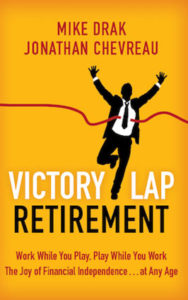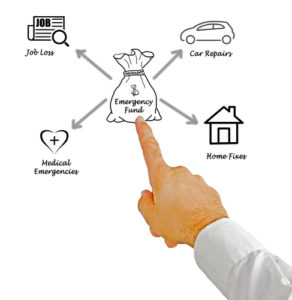 By Chantal Marr, LSM Insurance
By Chantal Marr, LSM Insurance
Special to the Financial Independence Hub
For some people, getting the life insurance coverage they need is not easy. Factors such as health conditions and lifestyle choices play an important role in determining whether or not a company sees you as a qualified candidate. Lying on your application to hide potentially damaging facts won’t help. It might get you a great policy at prime rates, but when it comes down to filing a claim, the insurance company will discover the truth, and your claim will be denied.
We reached out to Gisèle Babineau, Chief Underwriter with Assumption Life, for the most common reasons a person may be denied life insurance coverage. The reasons for being declined vary from one company to another, and there is also a significant gap between a re-insurer and insurer because many insurers do not shop their declines with their re-insurers. However, in general, these are the most common reasons why an application may not be approved.
Medical Reasons
A medical condition under investigation
If you have some symptoms of an illness or disease, but all of the results aren’t in yet, your medical condition is considered under or pending investigation. During this period, you are considered a high risk applicant and the insurance company may deny coverage or delay their decision. Once you are cleared of any possible long-term illness or disease, the company will probably approve your application or ask you to re-apply with the new doctor’s report.
High grade cancers
Cancer can develop in any part of the body. Where it occurs determines its type. For example, lung cancer develops in the lungs. All types begin as a tumor and how the affected tissue looks under a microscope indicates how quickly the tumor cells will grow and spread. Based on the appearance and other factors, doctors can assign a numerical “grade.”
The grade of the cancer is not the same as the stage. Stages refer to the size or extent of spread. Malignant tumors are very low grade and almost always can be completely removed. High grade cancers tend to grow quickly and spread rapidly, putting your life at a higher risk.
Nervous disorders Continue Reading…








